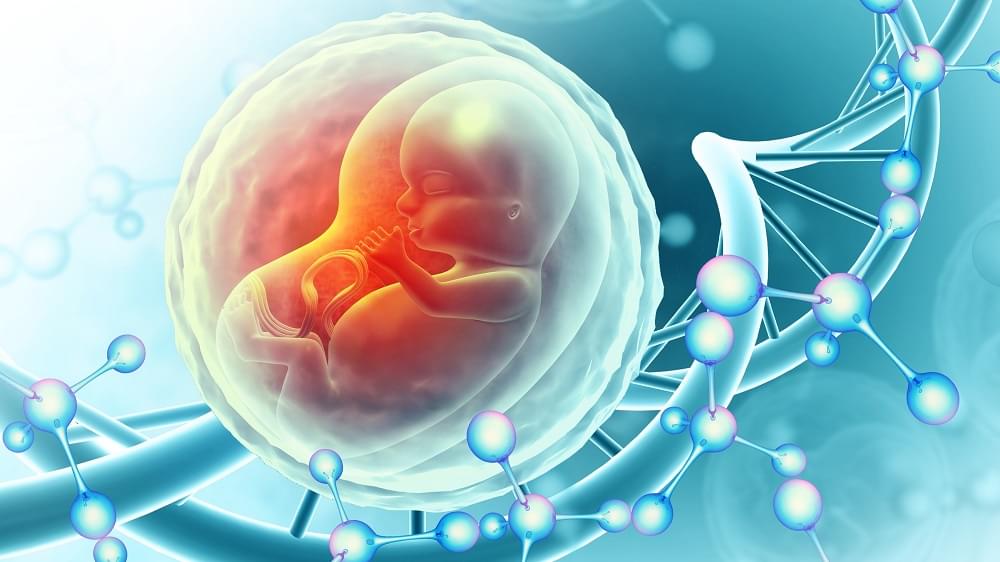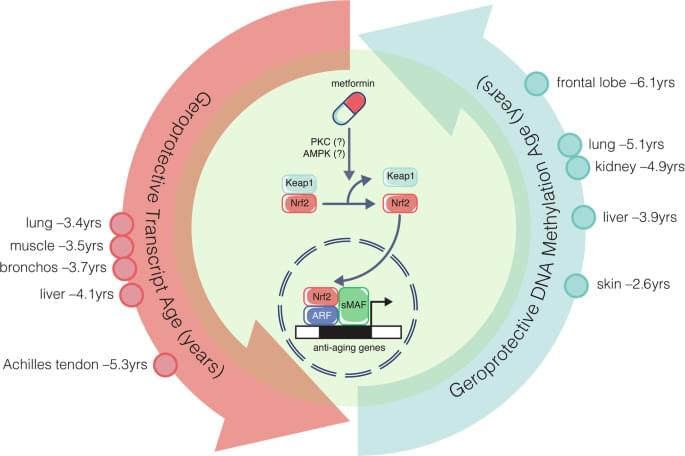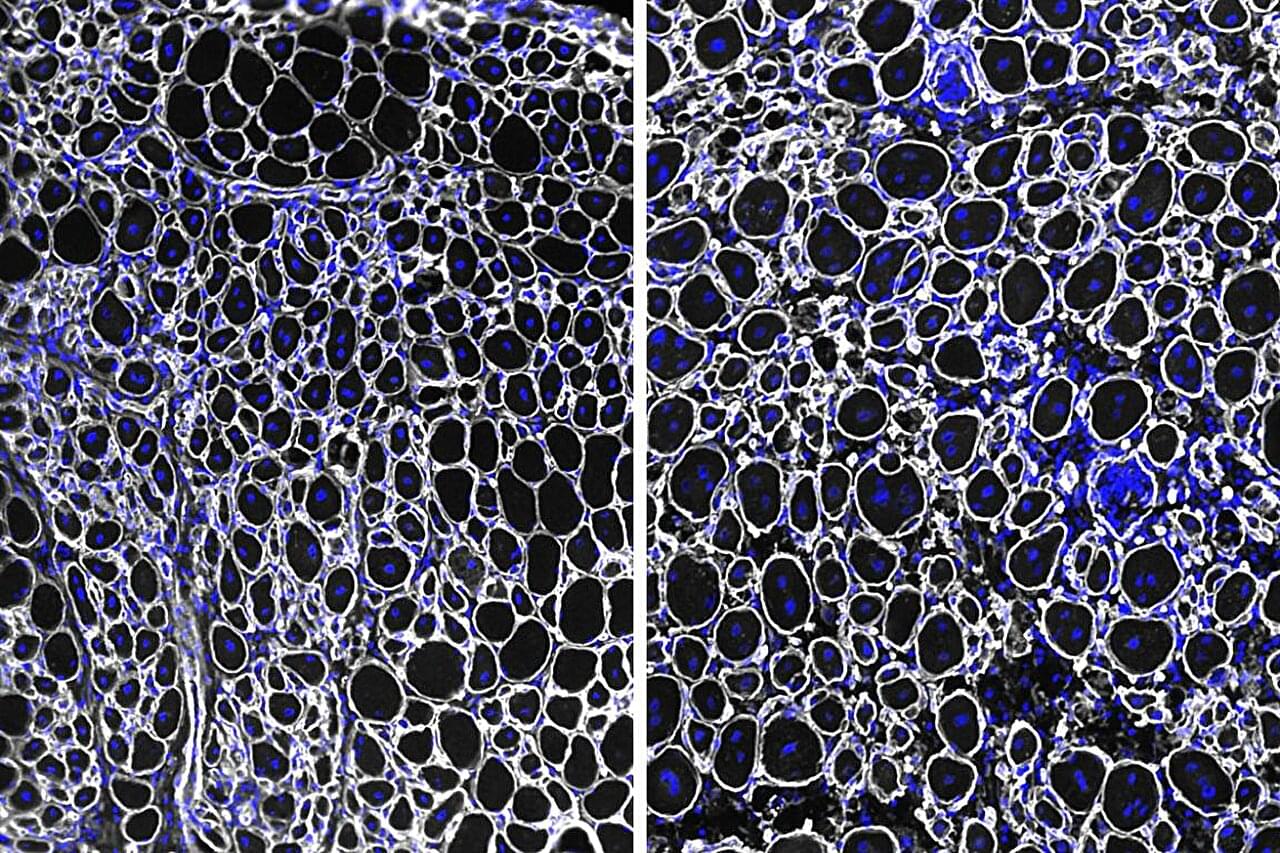New in eNeuro from Dutta Gupta et al: Some older male rats prefer familiarity over new social situations, which can be reversed via transcranial magnetic stimulation without affecting hippocampus-mediated spatial memory.
▶️
Social cognition, central to emotional and cognitive well-being, is particularly vulnerable to aging, where impairments can lead to isolation and functional decline. Despite compelling evidence that altered social behavior is associated with cognitive decline and dementia risk, experimental strategies for testing causative links remain scarce. To address this gap, we aimed to establish a rat model for research on social neurocognitive aging. We conducted a large-scale behavioral study in 169 male young (6 months) and aged (24−25 months) Long-Evans rats. In order to explore potential relationships among aging outcomes, we first documented individual differences in a widely validated water maze test of hippocampal learning and memory. Sociability and social novelty were then evaluated in the same subjects using the three-chamber social interaction test. Aging induced a selective shift in social novelty preference, marked by a striking familiarity bias in a substantial subpopulation of old rats, while sociability remained entirely normal. Changes in social novelty preference were completely independent of individual differences in spatial memory, and unrelated to anxiety or sensorimotor function. Notably, neuromodulation via TMS enhanced social novelty preference selectively in aged rats that exhibited a social introversion phenotype before treatment, consistent with the possibility that this aging condition reflects a distinct and modifiable neural network state. Together, the results establish a valuable preclinical framework for developing a comprehensive neurobiology of social cognition in aging.
Significance statement Social behavior is a critical yet underexplored component of cognitive aging. While both human and animal studies report age-related narrowing of social networks, the behavioral and neurobiological underpinnings remain unclear. Using a well-powered rat model, here we demonstrate preserved sociability in aging alongside marked individual differences in social novelty preference. A subset of aged rats preferred familiar over novel conspecifics, resembling patterns observed in older humans and non-human primates. Social phenotypes were independent of hippocampal-dependent memory, suggesting a dissociation between these aging outcomes. This dissociation was further validated using transcranial magnetic stimulation, supporting the notion of distinct underlying neurobiological mechanisms. Collectively, the findings lay a powerful foundation for advancing the translational neurobiology of social behavior in cognitive aging and reserve.




